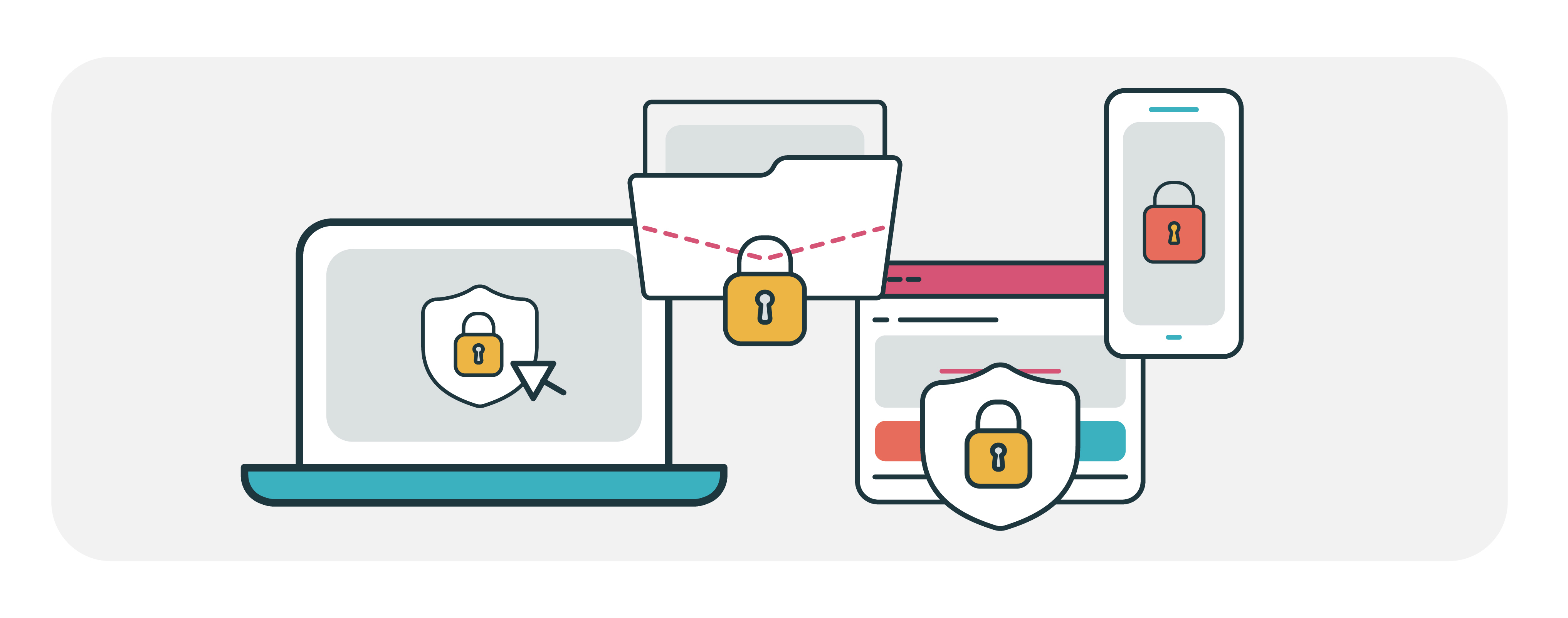What are privacy-enhancing technologies (PETs)?
What are privacy-enhancing technologies (PETs)?
PETs…more than a furry friend or a polyester plastic, they’re also a kind of tech.
And when adopted with transparency, privacy-enhancing technologies can form an integral building block to better online experiences.
Businesses today face increased scrutiny when it comes to their ability to enact effective privacy policies. Alongside new government regulations and the growing importance of business governance, consumers are increasingly conscious of how businesses protect their personal data and respect their online privacy.
The ethical use of PETs can be part of businesses’ measures to protect and respect consumers.
At a glance
- PETs are a broad category of systems, processes and techniques that minimise personal data use to maximise data security. They can enable businesses to process and gain value from data while preserving privacy.
- PETs can also help businesses ensure that data processed is adequate, relevant and limited to what is necessary.
- However, PETs should not be considered a ‘silver bullet’ for data protection compliance. Businesses must ensure their data processing is lawful, fair and transparent.
At their core, Privacy Enhancing Technologies embrace fundamental data protection principles: minimise personal data use to maximise data security and integrate safeguards to protect people’s private information.
Building PETs goes hand-in-hand with privacy by design, which means a product is built to protect customer privacy from the start.

What are the different types of PETs?
PETs is an umbrella term that encompasses a range of technologies. These include PETs that:
- Derive or generate data which reduces or removes the identifiability of individuals. Lessen or eliminate the connection between a person and their data, which reduces the security risk to that person.
- Hide or shield data. For example, using specific encryption and protocols for data transfer between parties.
- Split datasets or control access to certain parts of the data. Define how data is collected, distributed, stored, queried, and secured. Minimise the amount of personal data shared to reduce liability.
What are the potential benefits of PETs for businesses?
Brand sustainability and long-lasting customer relationships are nurtured by digital trust between businesses and consumers. PETs can help with that when used with ethical intentions.
For example, in the world of ecommerce search, PETs can be applied to build ethical personalisation into the shopping experience.
Yet the benefits of PETs hinge on how businesses use them.
As Empathy.co CEO Ángel Maldonado explains, ‘Privacy-enhancing technologies can provide businesses with the tools to navigate the fast-evolving tech landscape and meet heightened consumer expectations around privacy.
‘The future of PETs and their impact on our digital world is dependent on the intention of businesses. Whether they look to embrace PETs as a genuine instrument to protect and respect the privacy of consumers, or instead to obfuscate data collection practices from the consumer and adhere to the bare minimum standards that regulation requires.’
‘PETS are not a silver bullet for improving and building digital trust. Without transparency around data practices and how PETs are used, consumers are still vulnerable to intrusive online privacy practices.
‘If PETs are solely viewed by businesses as a workaround to government regulation in order to continue online surveillance models and to prioritise the collection of data above all else, digital trust will not be improved.
‘PETs have to also transfer power back into the hands of consumers to redress the current imbalance and truly establish digital trust.’
Learn more about PETs and how they can add value to your business
Check out the latest guidance from the Information Commissioner’s Office, the UK’s independent body working to protect peoples’ information rights.
For an analysis of your systems and how you can adopt PETs, reach out to Empathy experts.










